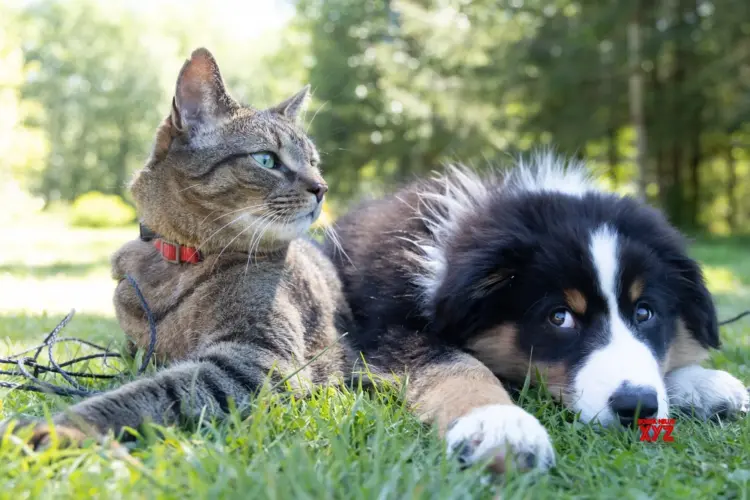Animals play a role in the spread of deadly bacteria, a new study has revealed.
The study presented by the European Society of Clinical Microbiology and Infectious Diseases (ESCMID) found evidence of ‘multidrug-resistant’ bacteria being passed between sick cats and dogs and their healthy owners in Portugal and the UK.
This raised concerns that pets can act as reservoirs of resistance and thus aid in the spread of resistance to essential medicines, the researchers noted.
“Understanding and addressing the transmission of antimicrobial resistance (AMR) bacteria from pets to humans is essential for effectively combating AMR in both human and animal populations,” said lead researcher Juliana Menezes from the University of Lisbon, Portugal.
According to the researchers, drug-resistant infections kill over 1.2 million people a year worldwide, with the figure projected to grow to 10 million by 2050 if no action is taken.
As per the World Health Organization (WHO), antibiotic resistance is one of the greatest public health threats facing humanity.
A team of researchers tested faecal and urine samples and skin swabs from dogs and cats and their owners for Enterobacterales (a large family of bacteria which includes E. coli and Klebsiella pneumoniae) resistant to common antibiotics, the study said.
The study involved five cats, 38 dogs, and 78 humans from 43 households in Portugal and 22 dogs and 56 humans from 22 households in the UK.
The researchers discovered that bacteria can be transmitted between pets and humans by petting, touching, or kissing and through the handling of faeces.
To prevent transmission, the researchers suggested pet owners practice good hygiene, including washing their hands after petting their dog or cat and after handling their waste.
Menezes advised pet owners to consider isolating pets in one room when they are unwell, in order to “prevent the spread of bacteria throughout the house and clean the other rooms thoroughly”.























